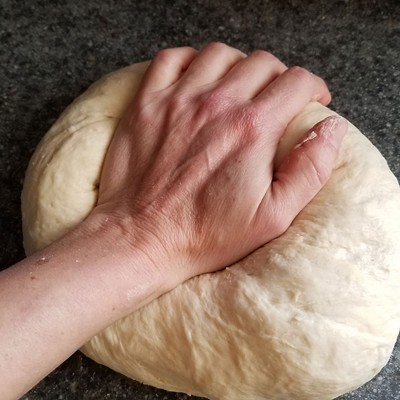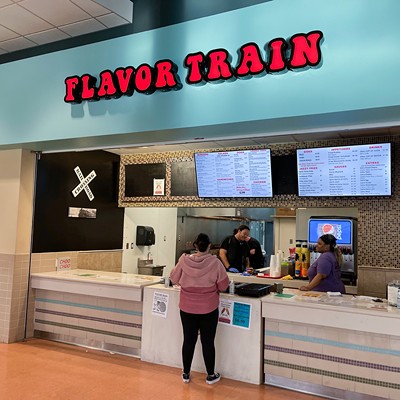However, we’re not talking about fish oil here. Who cares if it doesn’t cure allergies? It’s delicious.
Much has been made of honey’s amazing curative powers, but once the hype and misinformation is filtered, what is left is a nutritious, all-natural source of sugar, amino acids and trace amounts of vitamins and minerals.
In addition, honey works well at any meal, either as a natural sweetener, focus of a dish or complement to pungent flavors like cheese and lamb.
Local honey is the best version of the product, too. Most of what can be found in grocery stores has been through a pasteurization process that heats the honey to kill bad bacteria, but also kills nutritious components like enzymes that are converted to amino acids.
Rick Hall, president of the Central Oklahoma Beekeepers Association, said to look for “raw honey” on the label, although other words like “natural,” “unfiltered” and “unprocessed” will appear at times.
While having no nutritional value, honeycomb in the jar is another indication of raw honey.
“If it’s raw, natural honey from Oklahoma, it should have the name of the apiary on it, too,” Hall said.
While hundreds of apiaries exist in the state, he said, not all produce honey for public sale.
“We divide the apiaries into three categories,” he said. “Hobbyists only keep a few hives and usually don’t produce enough honey to sell. Sideliners are bi-vocational as a rule and have up to 300 hives. Commercial apiaries are above 300 hives.”
With each containing about 60,000 honeybees, a single hive can produce 30 to 100 pounds of honey per year, depending on weather and other factors.
Honey is just processed flower nectar. Hall said the nectar is mixed with enzymes in the bee’s digestive system. The resulting product is put into honeycomb shells and then fanned by the bees until it’s nearly dehydrated, creating honey.
“Honey is carbohydrates for bees,” Hall said. “It’s their food. They use pollen for protein. Bees combine the two to make bee bread.”
Several local businesses carry state honey, including Forward Foods, Sunflower Market, Homeland and Oklahoma Food Cooperative’s online market. Forward Foods has eight kinds, some with honeycomb. Sunflower carries six honeys from two apiaries. Selections at Homeland vary by store.
Hall said one thing to note about local honey is that it crystallizes very quickly, but it’s not a problem.
“Just heat a pan of water and place the jar in the hot water after you remove it from the burner,” he said. “Don’t ever microwave it.”











